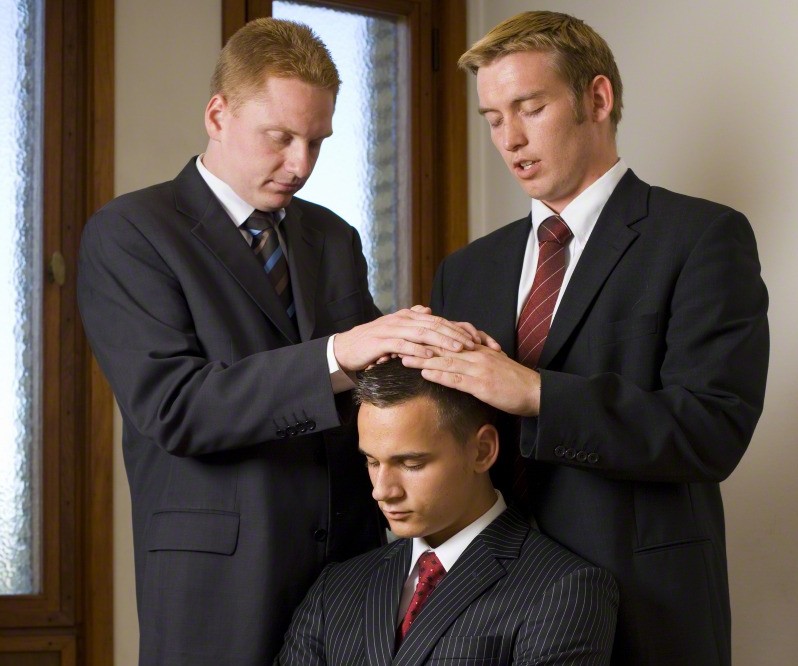Question
Dear Gramps,
Paul speaks quite degradingly about women. He makes it sound like women are completely inferior creatures. How they are subject to their husbands in such a way that they can only learn the gospel or ask any gospel questions to their husband inside the home. Why does Paul say it so unlawful for women to speak in church or ask any question? The writings of Paul are some of my favorite in the new testament. I find great power and confirmation through his writings. But what he says about women in these scriptures just blows my mind. Can you shed some light on this?
Bryce
Answer
Dear Bryce,
You are undoubtedly referring to the scripture found in 1 Cor. 14:34-35,
Let your women keep silence in the churches: for it is not permitted unto them to speak; but they are commanded to be under obedience, as also saith the law.
And if they will learn any thing, let them ask their husbands at home: for it is a shame for women to speak in the church.
Paul was not making up this law. He merely stated the existing law. Since there was a law that women weren’t to speak in church, Paul was merely upholding the law.
There is a tendency to judge all history from the perspective of the moment. We find today near equality of rights and opportunities between men and women, but those are only very recent social developments. The first voting rights in the United States were given only to white males. The first states to give the voting franchise to women were Wyoming, Colorado and Utah in 1869-1870. But that was a short-lived enterprise. Utah women were disenfranchised by the U.S. Congress in 1887. Universal women’s suffrage did not come until the Nineteenth Amendment to the United States Constitution was ratified in 1920–less than 100 years ago. Paul was merely reflecting the social norm of the day. He was, indeed, respectful of women, and promoted their equality with men. His statement in 1 Cor. 11:11 of the equality between men and women goes much deeper than the superficial words, when taken in light of the social norm of that time.
Nevertheless neither is the man without the woman, neither the woman without the man, in the Lord.
Gramps







